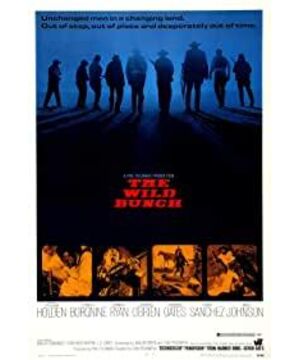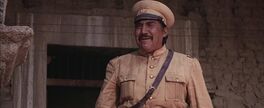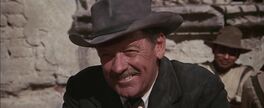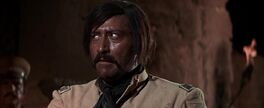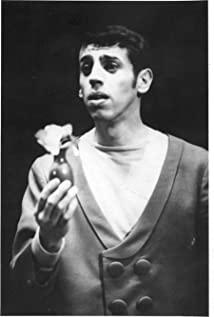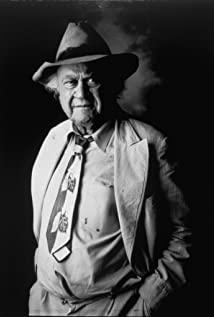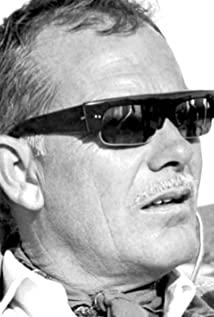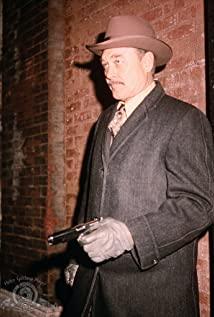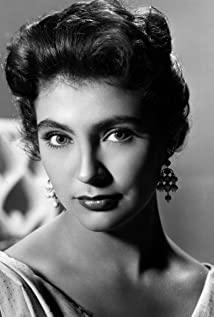There is one thing I don't quite understand, and two things are impressive. What I don't quite understand is why Parker treats his accomplices so differently before and after the film? On the way to escape, he did not hesitate to kill his seriously injured partner; at the end of the film, he did not hesitate to die for an Indian. The changes in the characters before and after are a bit incomprehensible logically. Is it to repay the Indians for their help and the hospitality of his village, or to not want to repeat the mistakes of their fellow arrests, or to fight for dignity?
There are two impressive things about the film: First, the intense shootout scene at the end of the film. The director brought the aesthetics of violence into full play through flexible use of lenses and video editing, which is worthy of being a master, and later generations such as John Woo and To Qifeng were all influenced by it; the second is the infinite sadness revealed by the film. Times have changed. There are two scenes that fully illustrate this point: First, Pike was unable to jump on the horse because of a leg injury. He was enduring the ridicule of his companions. Pike rode on a horse alone, endless yellow sand, the setting sun, and the hero was old. The feeling arises spontaneously; the second is the stark contrast between the cars in Mapachi's camp and Pike's horses. "We have to give up the pistol to think, those days are gone forever", the sad tone of the film is a farewell to the era of the past, but also to the Western!
View more about The Wild Bunch reviews


